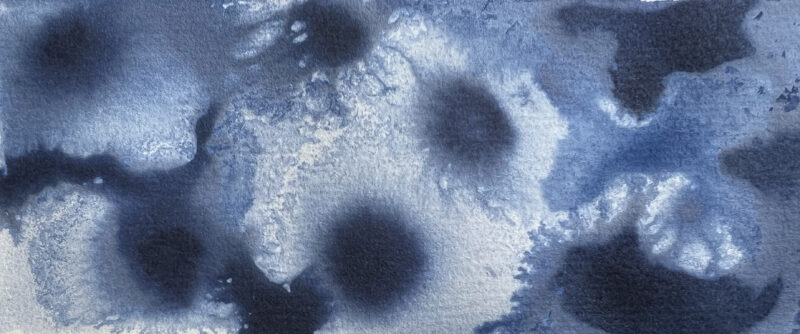Guernica, I often tell people, grew up with the Internet. We’ve been an online magazine since 2004, and we’ve seen online conversation grow and change a lot in those nineteen years. We’ve changed too — adding, some years back, a daily blog, then moving to daily publishing entirely.
These days, the daily Internet feels like a conveyor belt of the disposable; hot takes, provocations, and easy outrage roll over us faster than we can consume them. Thought is the commodity; words are merely the packaging.
Obviously, that’s not how we work. Guernica publishes writers who resist the reactive, who shake the very foundations of conventional thinking, who provoke new ways of seeing. In short, we do a different thing — and it needs to be done differently.
Starting this month, we’re publishing a digital monthly — just as much fiction, nonfiction, and poetry every month, but “bound” by our redesigned homepage. We hope this sharpens your view of our editorial vision, the curative work of our stellar team of editors, and the political imagination that brings our community together.
We lead with “The Invisible War,” a genre-pushing piece of nonfiction from Iranian writer Nargol Aran. Aran, who lives in Tehran, immerses in the lives of health workers and interrogates the economic effects of sanctions, in a piece that builds from the intimate details of individual lives into emphatic resistance to the hypothesis that sanctions are a peaceful form of politics. Thanks to the prodigious talents of Farnaz Haeri, who translated from Aran’s original English, we also offer the piece in Persian.
Kashmiri writer Gowhar Yaqoob calls us to attend to another endless, undeclared war in “The Final Landscape,” this month’s fiction selection for our Guernica Global Spotlights series. On the eve of setting out to look deeply at a war seemingly no one but its survivors had noticed, journalist Anjan Sundaram writes a letter to his newborn daughter — a letter he earlier envisioned as the first chapter of his latest book, and which we publish in The Cutting Room, our department for work that writers loved but had to cut from their new books.
And this month, we inaugurate “Wish You’d Been Here,” a series of postcards from the climate apocalypse. Every month, we’ll bring you original photography and meditative writing that captures the disappearing rituals of our rapidly warming world. From festivals to sacred rites to types of labor and forms of leisure, we appreciate and mourn what we’re losing. Michigan photographer Amy Sacka leads the series with a reflection on the shrinking ice of her homeland.
In conjunction with our new climate series, Emma Hardy talks to Amali Tower, a leading voice in the fight for rights of people displaced by climate change, about recent progress, and ongoing struggles, in the quest for climate justice. In Back Draft, Ben Purkert talks with Javier Zamora about revising points of view in trauma writing.
And you’ll find more stellar fiction, nonfiction, and poetry from Kwame Dawes, Jemimah Wei, Daniela Catrileo, Rumena Bužarovska, Bre’Anna Bivens, Myronn Hardy, and Vandana Khanna.
We’re so grateful you’re here.
— Jina Moore Ngarambe for Guernica
